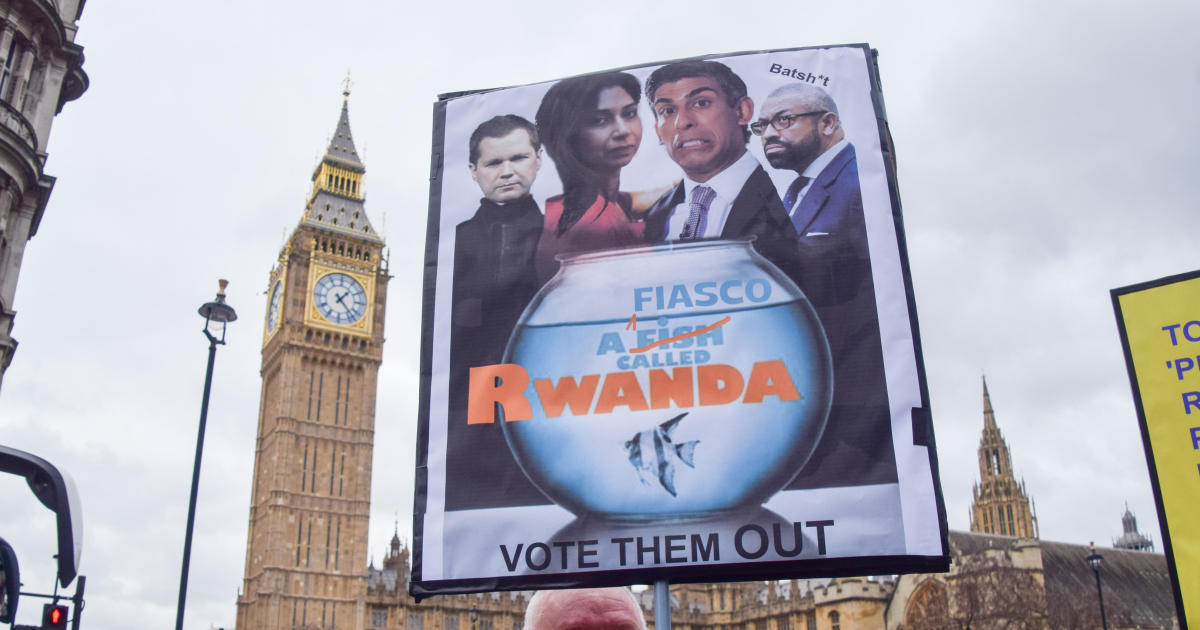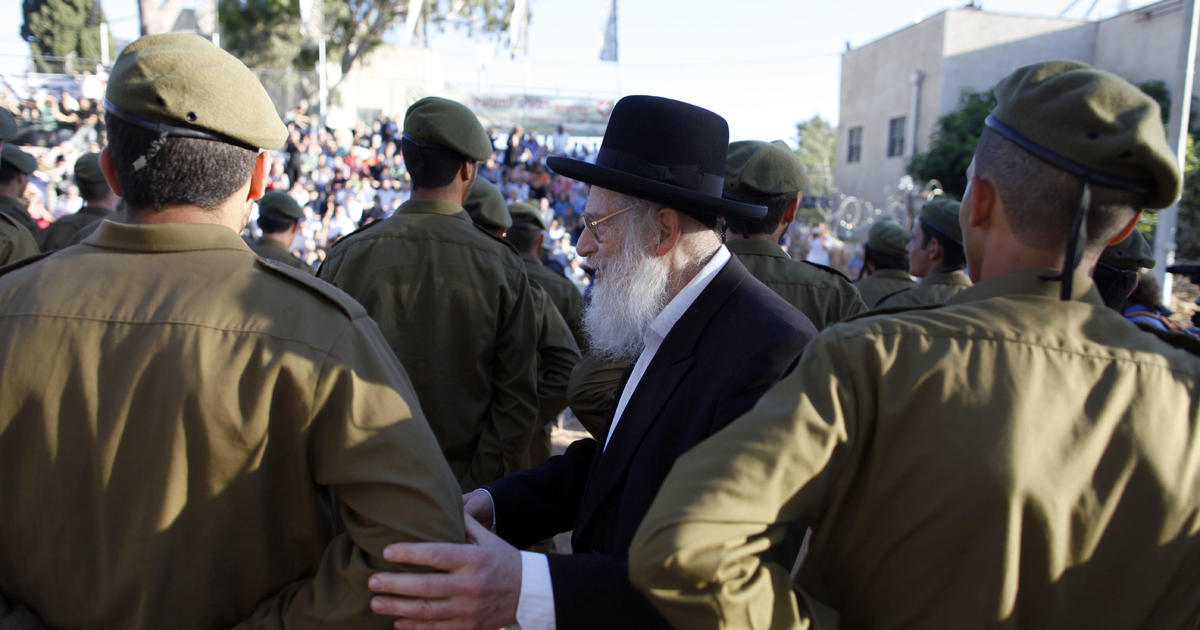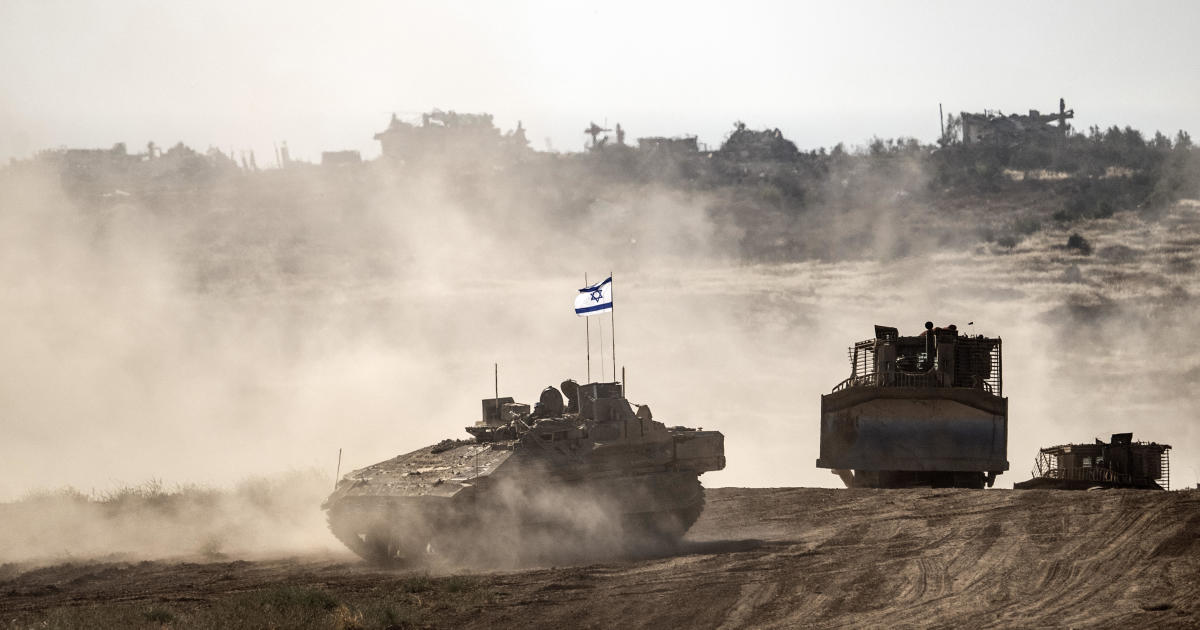"Global paralysis" at U.N. over Ethiopia war allows atrocities to continue unabated
United Nations — Ninety percent of the population in northern Ethiopia's Tigray region — or 5.2 million people — need urgent aid, the U.N.'s Deputy High Commissioner for Human Rights Nada al-Nashif told a virtual session of the U.N. Human Rights Council on Friday.
"Only limited U.N.-organized humanitarian supplies have been able to enter Tigray since July, including food and vital medical supplies," said al-Nashif.
While the U.N. has met on the Ethiopian war multiple times, divisions between world powers have stymied any action to stem the bloodshed. The war started more than a year ago, when Prime Minister Abiy Ahmed's sent troops into Tigray to fight the rebels after an alleged attack on his forces. It snowballed over the course of a year, with the Tigrayans and allied militias advancing toward the capital city. Recently however, Abiy's forces have reclaimed towns north of Addis Ababa from the rebels, pushing the front line back toward Tigray.
"The global paralysis on Ethiopia's armed conflict has emboldened human rights abusers to act with impunity and left communities at risk of feeling abandoned," Human Rights Watch's Laetitia Bader said in a report published jointly this week by the organization and Amnesty International.
Famine has hit over 400,000 people, and fuel is still not making it into the embattled region, so aid that has been sent isn't getting to those who need it, U.N. spokesperson Farhan Haq told CBS News at a briefing.
And as the war continues, so too do the atrocities it has brought with it.
"Rape is being used systematically to terrorize and brutalize women and girls. Aid workers have been killed, interrogated, beaten, blocked from taking aid to the starving and suffering and told not to come back," U.N. Emergency Relief Coordinator Mark Lowcock told diplomats in a closed briefing in June.
Briefing the Human Rights Council on Friday, Costa Rican lawyer Victor Madrigal-Borloz, the U.N.'s independent expert on protection against violence and discrimination based on sexual orientation and gender identity, said the number of reported sexual assaults had quadrupled in Ethiopia since the conflict broke out more than a year ago. He said 90% of the reports in the last year were of violent acts against minors, many of them displaced Tigrayans or refugees from neighboring Eritrea.
An estimated 5,000 to 7,000 people have been detained by Ethiopia, including nine U.N. staff, under a state of emergency and its "excessively broad provision," al-Nashif said. "Many are detained incommunicado or in unknown locations. This is tantamount to enforced disappearance, and a matter of very grave concern."
Ethiopia's government lashed out during the emergency session of the Human Rights Council, with the country's ambassador to the U.N. in Geneva, Zenebe Kebede, accusing other members of having "singled out" Ethiopia and failing to condemn what he said were myriad abuses by the rebel Tigrayan forces.
"Ethiopia is being targeted and singled out at the Human Rights Council for defending a democratically elected government, the peace and the future of its people," he said, accusing the council of being "hijacked by a neocolonialist mentality" and "being used as an instrument of political pressure."
United Nations High Commissioner for Human Rights Michelle Bachelet said last month that there were "reasonable grounds" to believe "all parties to the Tigray conflict have committed violations of international human rights, humanitarian and refugee law. Some of these may amount to war crimes and crimes against humanity."
President Biden's U.N. Ambassador Linda Thomas-Greenfield has been pressing for a diplomatic solution, warning recently that "tragedies of historic proportions" were taking place in Tigray.
The U.N. says more than 1 million people have been displaced, trying to flee from the war-torn region since the war began in November 2020.
Joanne Mariner, director of crisis response at Amnesty International, said the new onslaught of abuses against Tigrayan civilians "should ring alarm bells."
Rights group call the stalemate among world powers on the United Nations Security Council tragic.
"The U.N. Security Council reaction, if you can call it that, so far has been pathetic. A mere two press statements in over a year. Saying it's not commensurate with the scale of atrocities and violations in Tigray is a gross understatement," Louis Charbonneau, U.N. director at Human Rights Watch, told CBS News on Friday.
There's plenty of blame to go around, he said.
"It is not just Russia and China who are responsible. The three African members of the Security Council share the blame for this inaction. They haven't been pushing," Charbonneau says, adding that the U.N. should be considering "substantive action."
During the virtual session on Friday, the Human Rights Council voted to adopt a resolution to establish an international commission of experts on Ethiopia to conduct an investigation into allegations of human rights violations and abuses by all parties to the conflict.
Lucy McKernan, deputy director of advocacy in Geneva for Human Rights Watch, told CBS News that the vote sent "a message that impunity will no longer be tolerated."
But while approval of the resolution may send a strong signal, U.N. diplomats told CBS News that creating and staffing the commission would take time. And time is another thing that millions of people in Tigray are desperately short on.




